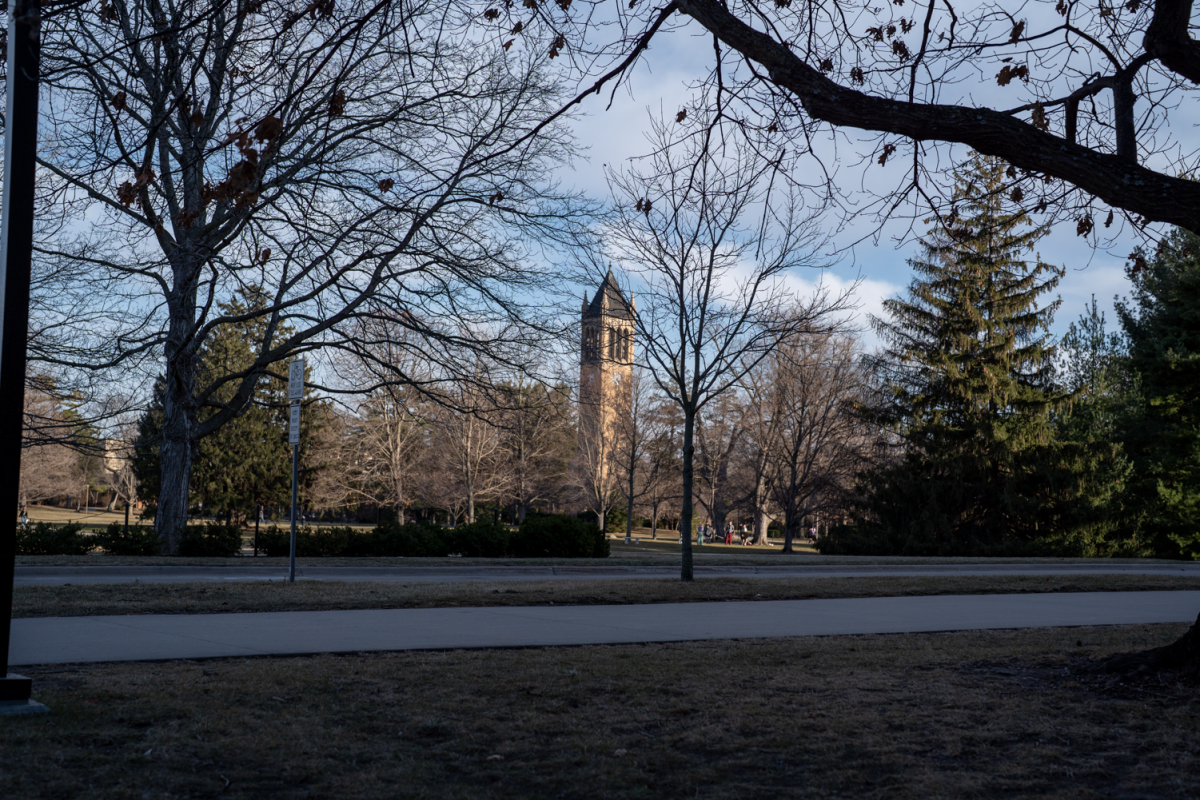VAN SCOY: Actors no-show at awards
January 16, 2008
Last Sunday, while most of us were getting ready for our first Monday morning class of the semester, a tragedy swept through the nation’s airwaves. Due to a strike, facilitated by the Writers Guild of America, celebrities were unwilling to cross picket lines in order to attend the 65th-annual Golden Globe awards.
The nominees and guests, prominent media superstars and bottom-feeders alike, announced a boycott of the awards ceremony in order to maintain an atmosphere of solidarity with the out-of-work writers. Despite the lack of glitz on the red carpet, the Golden Globes were presented to the public through a televised newscast announcing the winners, after-party highlights and recaps of the nominated programs and actors’ works.
Obviously, this isn’t the first disruption of media caused by the writers’ strike. Many television shows have been put on hiatus because they lacked material, pushing reality programming to the front of the line. One actually must wonder if discontent from the writers was anticipated, considering the number of reality shows that have popped up on every channel, and the number of reality shows that now feature celebrities looking for work.
Since the ’90s, reality shows have captured the prime-time audience, corresponding with the heavy Internet usage – the dot-com boom that is now responsible for holding up the scripts of our favorite series and sitcoms. Digital technology has become a major agent of disbursing media content, from which the writers want compensation.
Because entertainment companies can throw out the term “unproven market,” used before to explain VHS and DVD residuals given to the writers, they basically do their own intra-industry research and set their own standards for new sources that distribute their product – despite other studies that give solid figures of distribution revenue.
Some production companies saw the risk of a strike and started stockpiling scripts for film and television to last the rest of the viewing season. Others made an effort to contact writers’ guilds overseas, attempting to replace their own writers with those who are less involved in the conflict. Nevertheless, these tactics are falling short, and it is definitely showing. The cancellation of the awards ceremony is the first major blow to the Alliance of Motion Picture and Television Producers, showing the public that the guild does, in fact, have some major influence.
It’s a bit of a shame that the famous and infamous didn’t have a chance to strut their stuff in front of millions of viewers, accepting the cherished statues that accent their incredible salaries. And it’s a shame that NBC would’ve had to pay a licensing fee to make their ceremony broadcasts exclusive, so now it’s open to coverage from all media outlets – a decision that also halted rumors of a picket line at NBC.
There’s even talk of other awards shows being canceled because the writers and production companies can’t reach an agreement. Soon the Screen Actors Guild and Directors Guild of America will have to renew their contracts as well, causing concern about additional demands if the writers get what they want. If these organizations strike, the industry could be halted completely.
The production companies have tried all they can for our sake to keep the public entertained. Jorge Camara, president of the Hollywood Foreign Press Associated, stated, “We are all very disappointed that our traditional awards ceremony will not take place this year and that millions of viewers worldwide will be deprived of seeing many of their favorite stars celebrating 2007’s outstanding achievements in motion pictures and television.” Yet the stubbornness and unfairness of the producers’ alliance is not lost on us.
Even if the public isn’t directly involved in the contract negotiations that might end the strike, and there’s nothing we can do to help or hurt either side, we’re still feeling the wrath of disgruntled and indignant forces at work. Or rather, not at work.
– Luci Van Scoy is a junior in anthropology from Newton.















